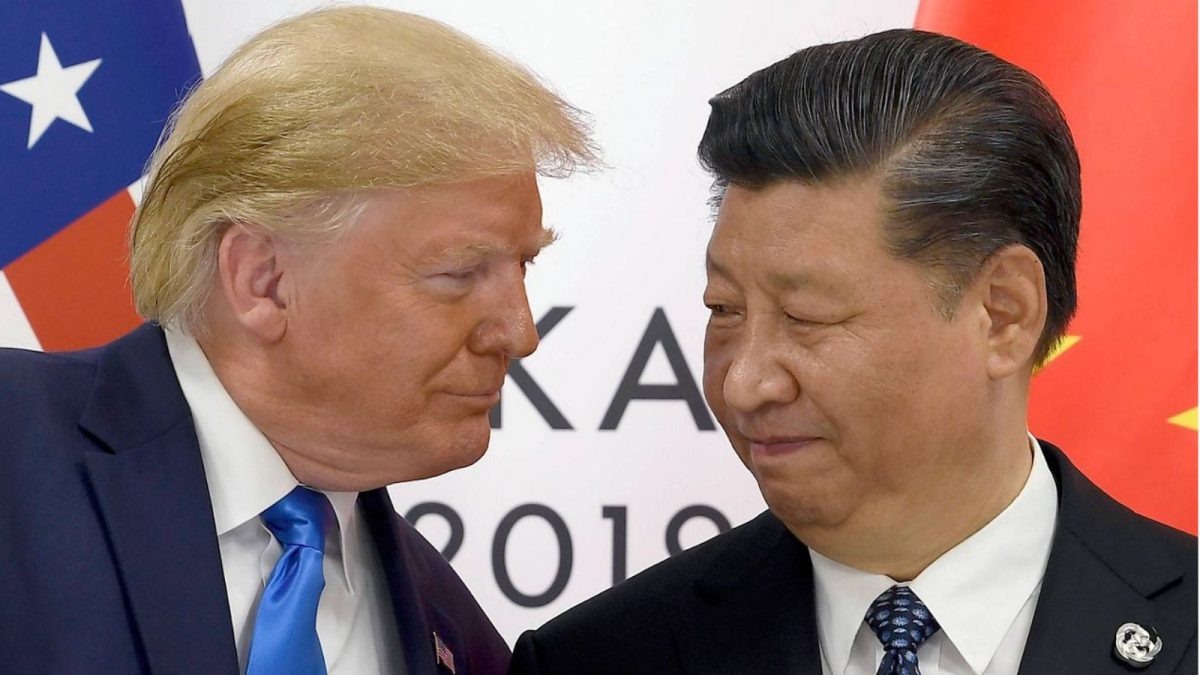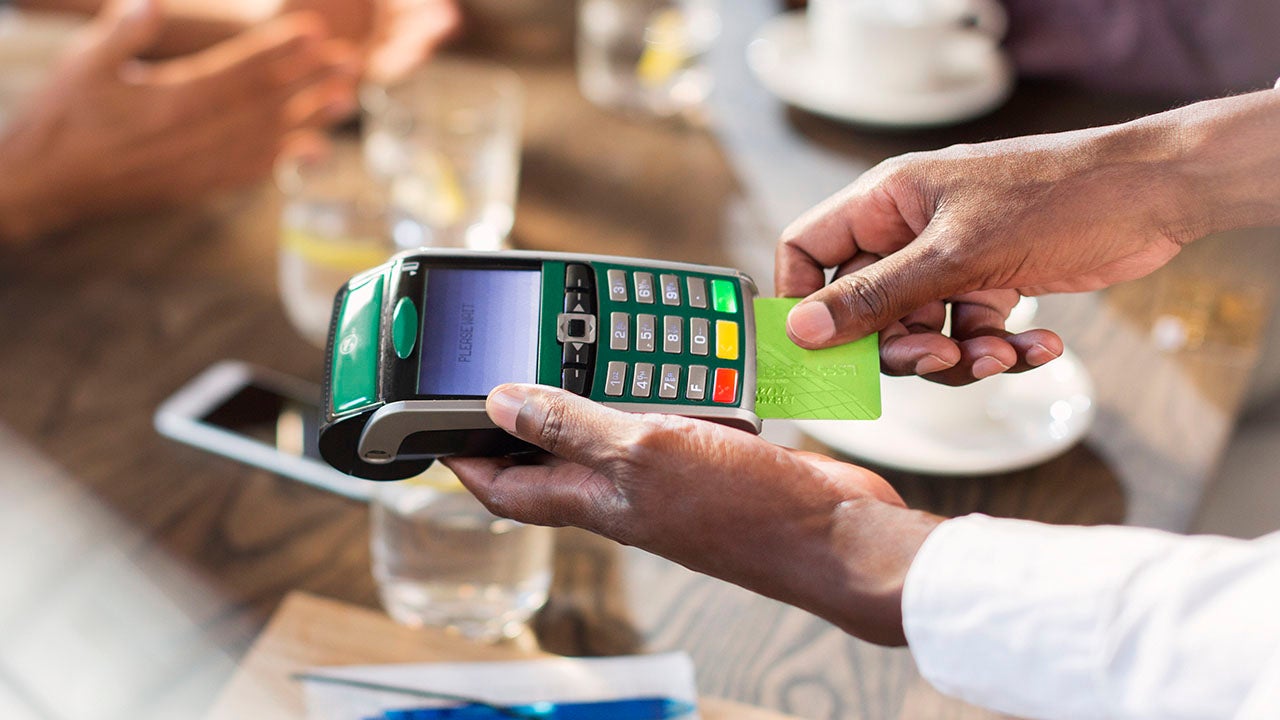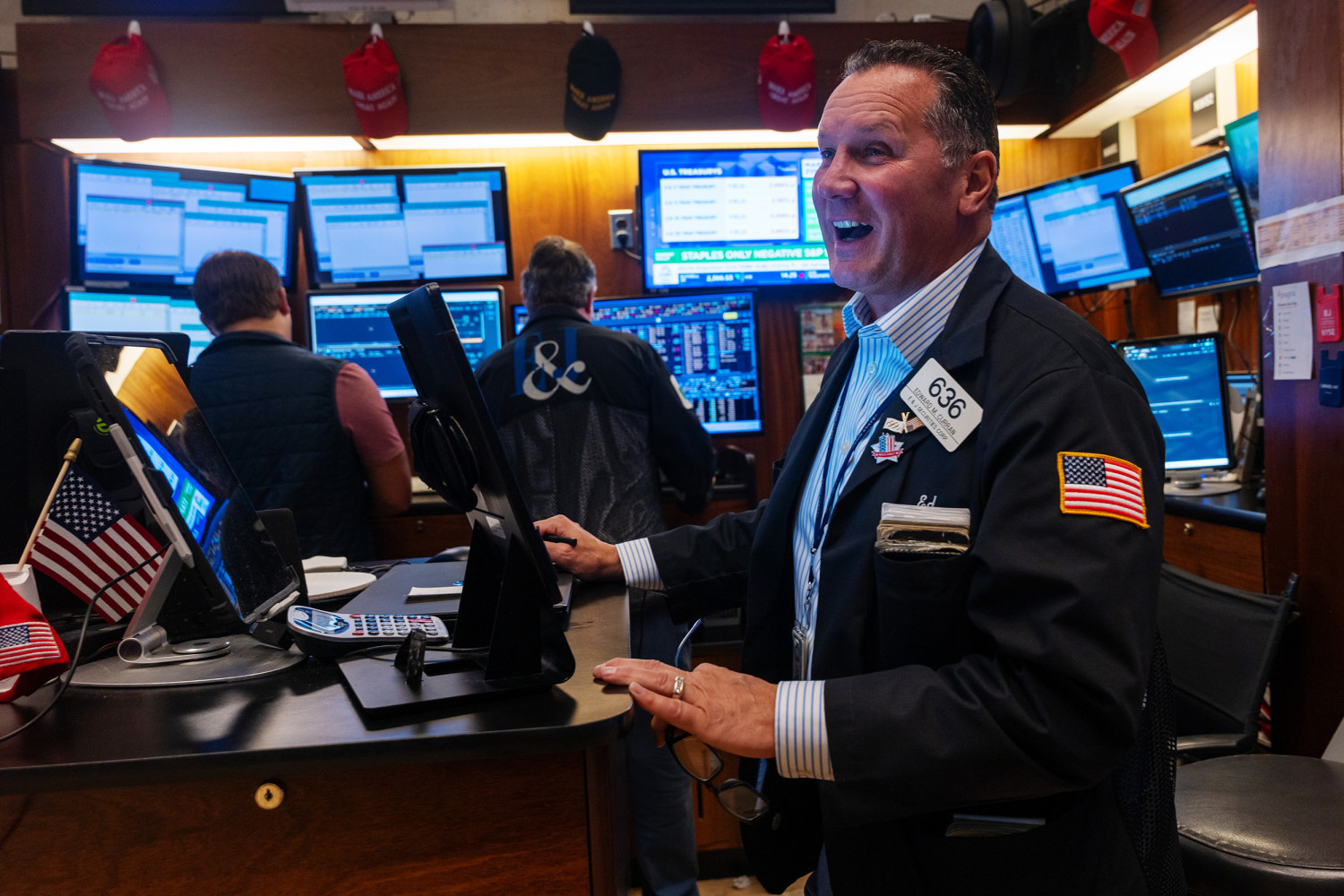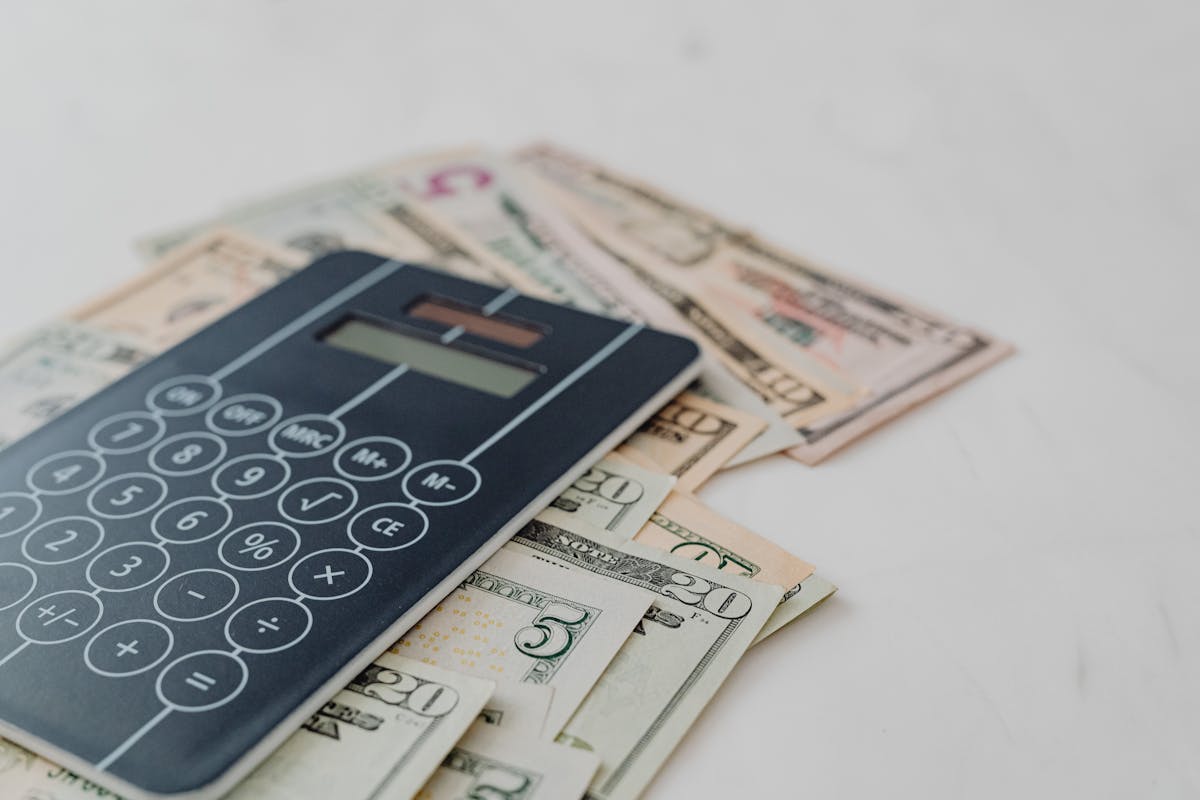The future of TikTok, one of the world’s most influential social media platforms, appears to be reaching a turning point as discussions between Washington and Beijing head toward a long-awaited agreement.
In recent years, TikTok has stood at the center of a geopolitical tug-of-war that goes far beyond viral videos and entertainment trends. The platform, owned by the Chinese company ByteDance, has grown into a global phenomenon, amassing hundreds of millions of users and reshaping digital culture across borders. Yet its very popularity has also triggered political, security, and economic debates that extend from the United States to Asia, Europe, and beyond. Today, all eyes are on former U.S. President Donald Trump and Chinese President Xi Jinping, as they are expected to conclude an agreement that could redefine not only TikTok’s operations but also the wider tech relationship between the two nations.
Lo que hace que este momento sea especialmente importante es la complejidad de los temas en juego. Para Washington, las preocupaciones han girado durante mucho tiempo en torno a la seguridad de los datos, la privacidad de los usuarios y la posible influencia de una plataforma de propiedad china en la sociedad estadounidense. Para Beijing, el asunto implica defender los intereses comerciales nacionales y afirmar su posición en la carrera global por la tecnología. Por lo tanto, las negociaciones entre Trump y Xi no solo tratan de una sola aplicación, sino también de cuestiones más amplias de confianza, soberanía y el equilibrio de poder en la era digital.
A platform caught in the middle of global politics
Since its meteoric rise, TikTok has been more than just an app for short videos. It has become a space where creators can launch careers, where businesses can reach new audiences, and where cultural trends spread faster than ever before. However, the very factors that made TikTok successful have also sparked unease. Critics in the United States have argued that the app could provide Beijing with unprecedented access to the personal data of American citizens, potentially putting national security at risk.
This suspicion has fueled political debates for years, with lawmakers, regulators, and government officials calling for stricter measures or outright bans. At the same time, TikTok’s management has consistently denied accusations of wrongdoing, emphasizing its commitment to safeguarding user data and transparency in its operations. Nonetheless, the company’s ties to ByteDance and the broader Chinese tech ecosystem have kept the controversy alive, making the app a focal point in an already tense U.S.-China relationship.
Economic stakes and digital sovereignty
The negotiations taking place today are not only about politics but also about economics. TikTok generates billions of dollars in advertising revenue and has become a powerful tool for small businesses and entrepreneurs. For the United States, reaching a deal that ensures local oversight of data and operations could allow the app to continue contributing to the economy without being viewed as a security liability. For China, allowing TikTok to remain active in the U.S. market safeguards an important business interest and prevents one of its most successful global digital exports from being dismantled abroad.
The idea of digital sovereignty also looms large in these talks. Countries around the world are increasingly determined to protect their citizens’ data and set clear rules about how international tech companies operate within their borders. The TikTok case illustrates the difficulties of balancing openness with security, innovation with regulation, and global connectivity with national interests. Whatever agreement Trump and Xi reach today will likely serve as a precedent for how similar disputes are handled in the future.
The road to an agreement
Talks between Washington and Beijing about TikTok have been prolonged and challenging. Several times, options such as requiring ByteDance to divest its U.S. branch, completely prohibiting the app, or permitting it to operate under increased scrutiny have been considered. Every potential solution was accompanied by its own set of issues, including legal hurdles and opposition from the app’s extensive community of users.
The expected agreement indicates that both administrations have acknowledged the necessity for a settlement. For the United States, this might imply securing greater oversight over data handling and storage, potentially through collaborations with local companies. For China, it permits ByteDance to maintain possession while agreeing to conditions that alleviate some of Washington’s critical issues. Although the precise terms of the deal are still confidential, the involvement of both Trump and Xi highlights its significance at top political tiers.
The reaction from the public and the tech industry will also be telling. Users, creators, and businesses reliant on TikTok will be eager to know whether the platform’s future in the United States is secure. Investors and competitors will watch closely, as the outcome could influence valuations, market strategies, and the regulatory landscape for other social media platforms.
The settlement of this long-standing concern has significance extending far beyond TikTok. It serves as an examination of how two of the biggest global economies can address conflicts in the digital arena while safeguarding their own priorities. As technology keeps advancing and moving across borders effortlessly, the difficulty of harmonizing innovation with security will only grow. If concluded today, this agreement will represent a crucial moment in that continuing saga.







